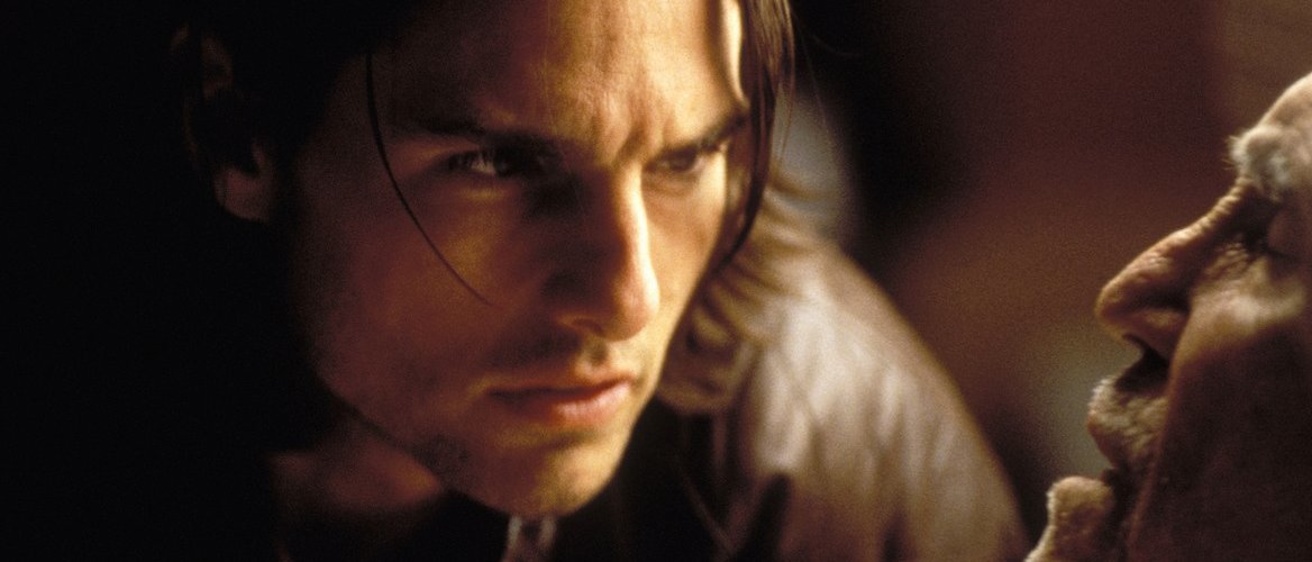Spring was once my favorite time of the year– I was born in May, destined to be one of the creatures who bemoan winter hibernation and thrive beneath the just-right shimmer of the sun. I love the first day the temperature creeps above fifty, and you can finally shed the stuffy winter coat you pull out of storage annually. I love when the rivers begin to flow again, and leaves appear on the trees lining the New Jersey turnpike, proving the slogan "Garden State". Spring is a promise of rebirth, a vow that you can take a deep breath and everything will be okay.
Everything will be okay– until it isn’t anymore. Until change no longer is the innocent shift of seasons, and time becomes cruel.
On April 5th, 2017, I lost my mother to breast cancer. I cannot remember the last three years of her life– I was too young to realize the end was near, and my older relatives shuffled me away from long nights in hospital rooms. My mind has also retouched the memories, blurring the more gutwrenching scenes to ensure I remain intact. What I cannot forget– what will never be wrenched from me by the intervention of others or self– is her on her deathbed. She was in a bed in the center of our sickly green living room. I remember when I was a kid finding it so silly that our living room was green, our couch was green, and her car was green. I questioned her, and she told me that life had to be interesting. It was odd to see her so pale in such a vibrant space. I had no clue what to say to her– the night before, I talked to her about finally grasping physics. How did we get here? I felt the eyes of others on me, expecting me to understand the weight of the situation. I had no clue what to say. I had no clue how to comprehend the emotions I felt toward my mother, the love and discontent that clashed like oil and water. I grabbed her hand, listened to her rattling breaths, and tried to figure out what you were supposed to say to someone who made you the imperfect person you are today. I leaned over, not wanting anyone else to hear me, and told her I’d make her proud. I left the room, stood in my kitchen, and watched the oven clock flash. She stilled, my brother sobbed, and she was gone– just like that.
Six years later, I have kept mostly quiet about my experiences with my mom. Most people do not understand grief– they haven’t had to experience it, so it remains an unchecked box on a to-do list. The only place I have found reprieve is in film, specifically in the work of others who have lost a loved one. I can never fully explain how integral cinema has been to my healing process– it completely changed my life. I feel like film reaches into my soul and strips it bear until it knows all my secrets. Despite the distance between me and the screen, I feel like I am conversing with writers, actors, and directors who have similar scars on their hearts.
With the anniversary quickly approaching, I have begun to burrow myself into these works by mourners for mourners. One specific one, and possibly my all-time favorite (alongside Charlotte Wells’s Aftersun), is Paul Thomas Anderson’s Magnolia. I feel defensive of this film– in film circles online, people will call it imperfect, overindulgent, pretentious, and a slew of other words. I understand where they are coming from– it has melodramatic monologues fueled by coke that last ten minutes, and it demands you to stuff your face with feeling until your stomach feels queasy. Paul Thomas Anderson has said this film is a signature of a younger filmmaker who could not reign himself in. However, I would argue that when you have experienced the insurmountable loss this film explores, it is not overindulgent or any of those words that allow film critics to forgo admitting they have emotions. Anderson is conversing with us about what it means to love and hate someone and lose them so terribly. He is bearing his heart, asking us to be delicate with it cradled in our palms. Not only is he giving this to the audience, but his actors as well. I wrote a piece before on this blog about the storyline with Tom Cruise’s Frank T.J Mackey and how Anderson connected with him over the loss of their fathers. When Mackey approaches his father's deathbed and clutches his hands, desperately trying to reject his pain towards the dying man, I feel that the titles of movie star or director or screenwriter fall away– instead, we are people. We are the version of ourselves who said goodbye to our parents, whatever age that may be. We are beings asking for someone else to understand. I have watched that scene more and more these last few weeks, allowing it to pull me into a different living room by another deathbed. It has given me peace– I will always be grateful for that.
So maybe it is a pretentious film. Maybe what I’m writing in response is pretentious, a hodgepodge of poetic lines that ring as true as a Hallmark card. It should not be uncool to be earnest, to give yourself entirely to emotion. There is something incredible about trusting someone else with your broken pieces and allowing them to puzzle them back together. This film reminds me how beautiful it is to be human, how jagged my grief is, and how forever complicated the loss of my mother will be. I cannot make these weeks go by quicker or make these feelings easier. I never will be able to. I can, however, heal with others.
